A craniotomy is a type of surgery in which a part of the skull is removed to give the surgeon access to the brain. It usually treats problems like brain a, bleeding, or injuries. The doctor carefully cuts a section of the skull, called a bone flap, and sets it aside. This helps the surgeon see and work on the brain more easily. Once the surgeon finishes the procedure, they replace the bone flap in its original position and secure it with small plates or screws. The skull then begins to heal over time. This surgery can take several hours and is usually done while the patient is asleep under general anaesthesia.
After the operation, the patient stays in the hospital for recovery and monitoring to ensure that there are no complications. Although craniotomy is a significant surgery, it often helps in treating severe brain conditions and can improve the patient's health significantly.
A craniotomy is typically performed to address symptoms caused by issues in the brain.
 Common signs and symptoms include:
Common signs and symptoms include:
Severe headaches: Persistent or worsening headaches.
Seizures: Sudden, uncontrolled electrical disturbances in the brain.
Neurological changes: Weakness, numbness, or paralysis on one side of the body.
Vision problems: Blurred vision, double vision, or loss of vision.
Difficulty speaking: Trouble finding words or slurred speech.
Cognitive issues: Problems with memory, concentration, or confusion.
Loss of coordination: Trouble walking, balancing, or performing tasks.
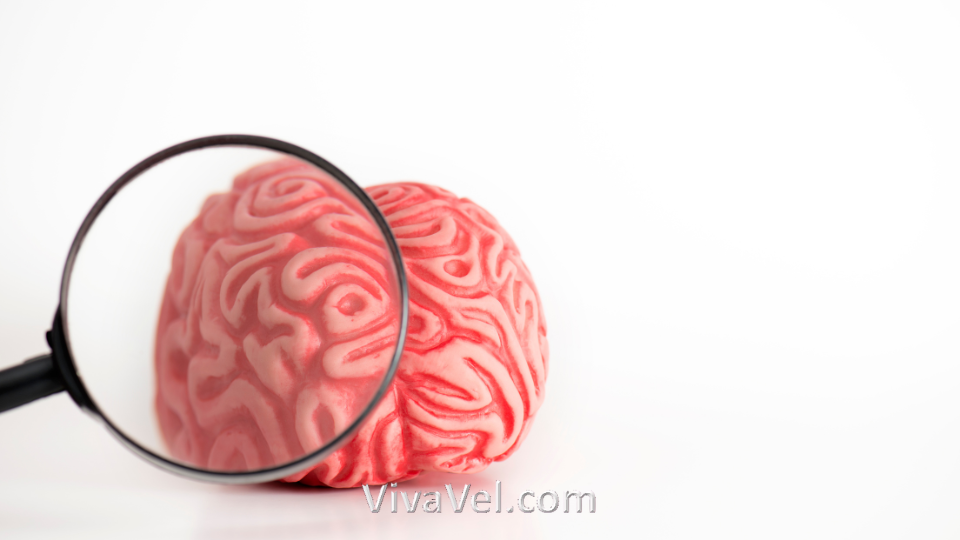
 Several brain conditions may require a craniotomy for treatment, including:
Several brain conditions may require a craniotomy for treatment, including:
Brain tumours: Both benign (non-cancerous) and malignant (cancerous) growths.
Brain hemorrhage: Bleeding in or around the brain due to trauma, stroke, or aneurysm.
Traumatic brain injury: Severe head injuries that cause brain swelling or bleeding.
Infections or abscesses: Pockets of infection in the brain that require draining.
Arteriovenous malformations (AVMs): Abnormal connections between arteries and veins in the brain.
Hydrocephalus: Accumulation of fluid in the brain.
 A craniotomy is considered in cases where:
A craniotomy is considered in cases where:
There is a life-threatening brain condition, such as a tumour or severe bleeding.
Neurological symptoms worsen despite treatment.
An imaging test reveals a condition that requires direct access to the brain.
Seek medical attention if you or a loved one experiences any of the following:
Severe, persistent headaches
Unexplained seizures
Weakness or paralysis
Confusion or behavioural changes
Sudden vision or speech problems
 Before a craniotomy, doctors will perform various tests to understand the brain condition and plan surgery:
Before a craniotomy, doctors will perform various tests to understand the brain condition and plan surgery:
CT scan: Provides a detailed brain image and helps identify bleeding, tumours, or swelling.
MRI: This procedure provides a detailed view of brain tissue, helping to detect tumours, strokes, or abnormalities.
Angiogram: Used to visualize blood vessels and detect issues like aneurysms or AVMs.
Electroencephalogram (EEG): Measures brain activity to detect abnormal electrical signals, especially in seizures.
Blood tests: Ensure the patient is healthy enough for surgery and check for any infections or other underlying health issues.
 Do's:
Do's:
Follow all postoperative instructions: Take prescribed medications and attend follow-up appointments.
Rest: Allow the body time to heal. Limit physical activity and avoid straining yourself.
Report unusual symptoms: Inform your doctor if you experience severe headaches, seizures, fever, or weakness.
Stay hydrated: Drink plenty of fluids to help with recovery.
Participate in rehabilitation: Therapy may be needed to regain lost functions such as movement, speech, or memory.
 Don'ts:
Don'ts:
Avoid heavy lifting: Refrain from lifting heavy objects or engaging in strenuous physical activities.
Don't drive too soon: Depending on recovery, moving may not be safe until cleared by the doctor.
Avoid smoking and alcohol: These can slow recovery and increase the risk of complications.
Don't ignore new or worsening symptoms. Seek medical attention if new issues arise, such as confusion or weakness.
Disclaimer:
Our medical content authors have diligently gathered and synthesized information on this topic to offer valuable insights to our readers. Drawing from a range of reputable medical journals and health resources, this content aims to enhance understanding of the subject. It's essential to remember that while this information is informative, it should not replace personalized consultation or treatment from a qualified healthcare professional. For further details, please refer to our Editorial Policy.
For this topic, our authors used some of the following resources:
Johns Hopkins Medicine | Craniotomy
Cleveland Clinic | Craniotomy: What It Is, Procedure, Recovery & Risks
.png)
Saba holds a Master’s degree in Pharmacy from Jamia Hamdard University, New Delhi and possesses a deep understanding of medical subjects. She is an experienced teacher and is passionate about health education. She has a remarkable talent for transforming complex medical concepts into engaging, accurate, and impactful content to inspire healthier living. With a deep scientific understanding and thorough research, Saba consistently supports her writings with the latest publications, ensuring accuracy and relevance.
.png)
Oruge is committed to promoting health awareness through clear, research-based communication. With a background in microbiology and public health, she combines scientific accuracy with an engaging writing style to simplify complex medical topics. At VivaVel Health, she contributes insightful reviews, articles, and blogs that empower readers to make informed decisions for healthier living.





![]() Pusa Road, Radha Soami Satsang, Rajendra Place New Delhi, 110005 India
Pusa Road, Radha Soami Satsang, Rajendra Place New Delhi, 110005 India
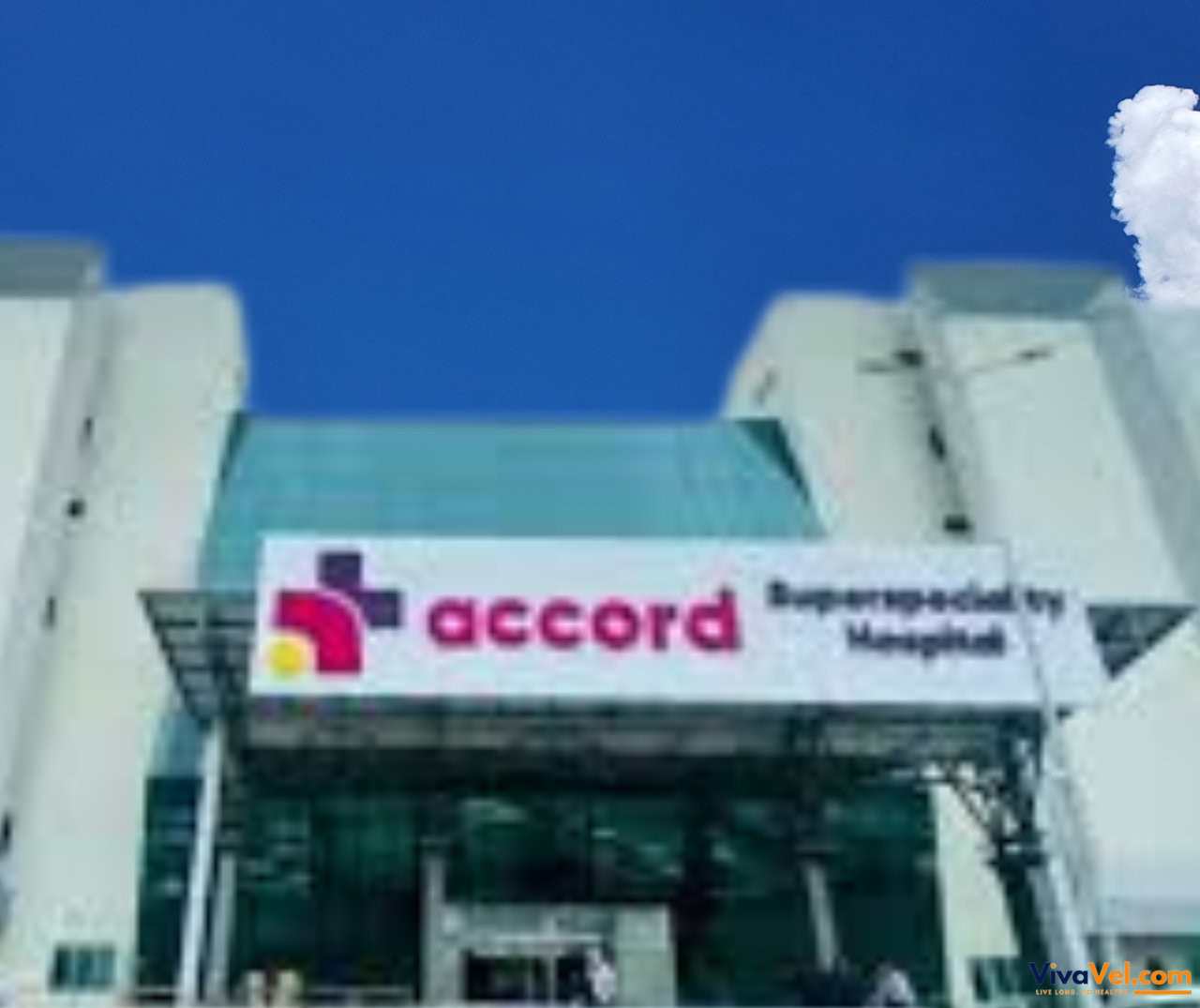


![]() Budena Village, Sector 86, Faridabad, Haryana 121002, India
Budena Village, Sector 86, Faridabad, Haryana 121002, India
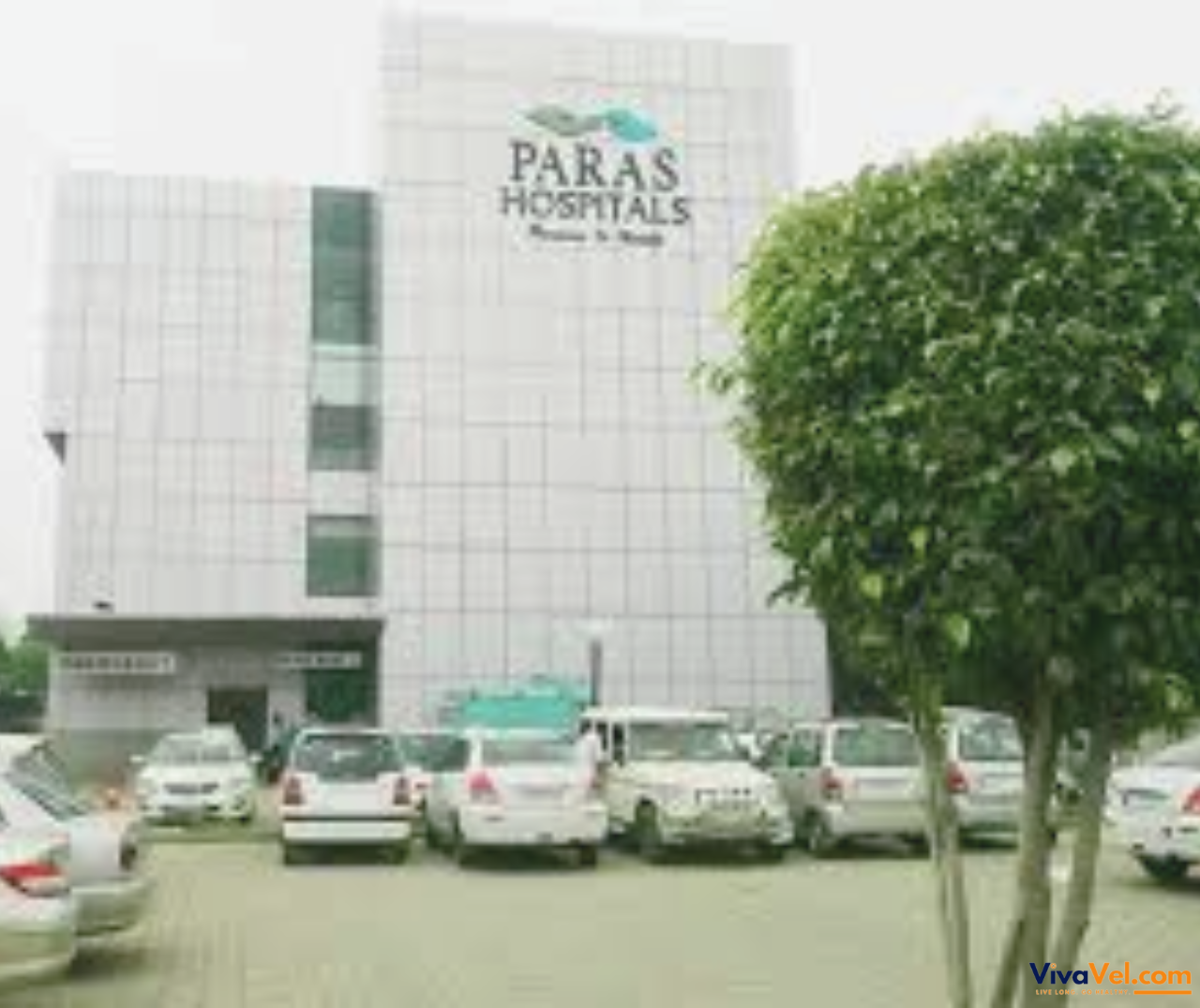


![]() C-1, Sushant Lok- 1, Sector-43, Phase- I, Gurugram, Haryana, 122002
C-1, Sushant Lok- 1, Sector-43, Phase- I, Gurugram, Haryana, 122002




![]() Lot 2, Jalan Baung 17/22, Seksyen 17, 40200 Shah Alam, Selangor Kuala Lumpur, 40200 (Malaysia)
Lot 2, Jalan Baung 17/22, Seksyen 17, 40200 Shah Alam, Selangor Kuala Lumpur, 40200 (Malaysia)

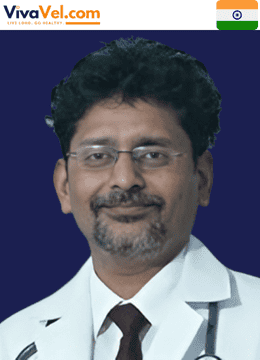
Dr. (Prof.) Rohit Gupta is a well-known neurologist in Faridabad, Haryana, India, with over 17 years of experience in clinical neurology. He achieved academic success...
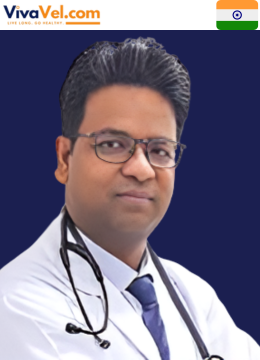
Dr. Sandeep Ghosh is a highly regarded consultant neurologist, currently practicing at the esteemed Neurosciences Department of Accord Superspeciality Hospital in Faridabad, ...

Dr. Vikram Dua is one of India's top neuro and spine surgeons. With over 26 years of experience, he has performed over 10,000 surgeries, with a success rate excee...
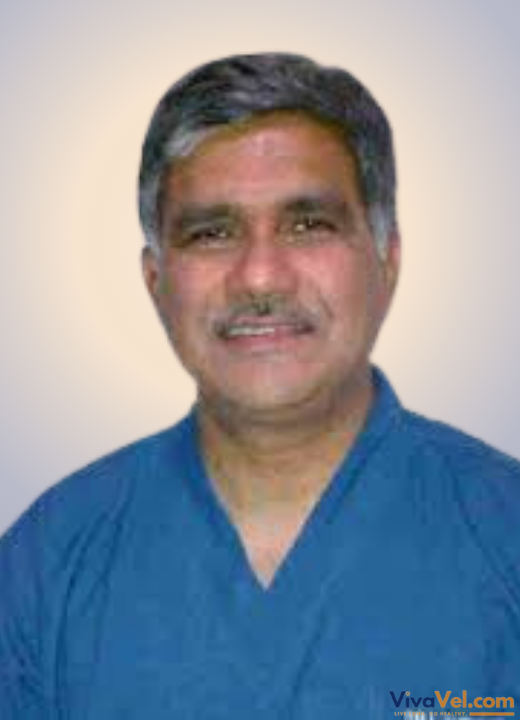
Dr. LN Tripathy is a highly esteemed neurosurgeon with an impressive 31-year career. Since April 2010, he has been the Director of the Medica Institute of Neurologica...
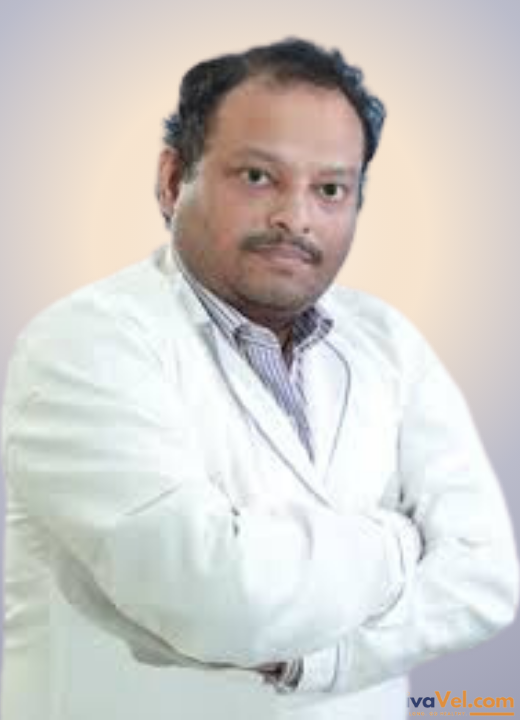
Dr. Anish Kumar is a highly experienced medical professional with over 21 years of experience, including more than 11 years dedicated to neurology. He is currently a ...

Dr. Kaushik Sen is a highly esteemed senior consultant neurologist with over 18 years of post-DM experience in neurology. He holds a gold medal in MBBS, an MD i...
Treatment Plan & Cost within 2 days
